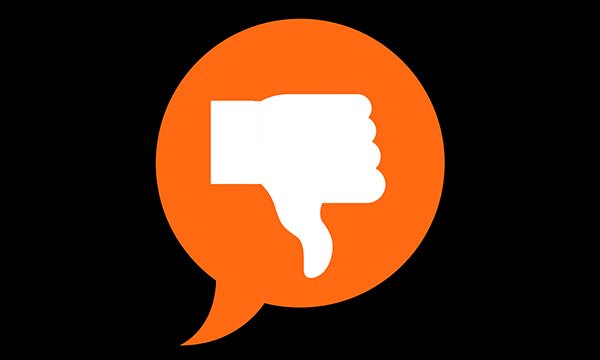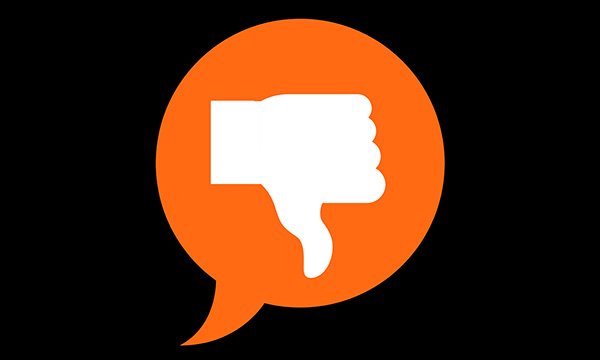NHS pay offer: GMB members say it's a ‘no’ from us


Members of the GMB union have resoundingly rejected the NHS pay offer in England, with 87% of eligible members in England turning down the three-year package.
The union, which has tens of thousands of members in the NHS, was the only one to advise members to reject the £4.2 billion offer, with the other 12 unions, including the RCN and Unite, advising members to accept it.
- RELATED: What will the pay deal mean for you?
Clear message
The ballot closed on 5 June and the results from the RCN and other unions will be announced on Friday 8 June.
GMB general secretary Tim Roache said the union’s NHS workers had demonstrated their rejection of austerity.
‘After a nearly a decade of pay-pinching the prospect of a further three years of cuts to wages is unacceptable,’ he said.
‘GMB members have sent a clear message to Jeremy Hunt – it’s a ‘no’ from us.’
Reasons for rejection
GMB national officer Kevin Brandstatter said the union had advised its membership to reject the deal for a multitude of reasons.
‘Since 2010, paramedics have lost an average of over £14,000, midwives £18,000 and staff nurses £14,500,’ Mr Brandstatter said.
‘The offer won’t allow them to claw any of that back – in fact, for longer-serving, most loyal NHS workers the 6.5% increase over three years means a real-terms pay cut, doesn’t put things right and continues to punish those who have endured the pinch on pay.
‘It does nothing to address the recruitment and retention crisis and it leaves the door open to new employees in the NHS being employed on worse terms and conditions than existing health service workers.’
RCN general secretary Janet Davies has said the NHS pay offer is ‘not a silver bullet’ but would help attract a new generation of nurses.
Breakdown of the NHS pay offer
- Nurses already at the top of their pay bands – who account for around half of all NHS staff – would receive the lowest pay rise of 6.5% delivered over a three-year term: 3% in the first year, 1.7% in the second year, as well as a lump sum of 1.1%, and 1.7% in the final year
- The other half of the nursing workforce would receive rises of between 9% and 29% depending on where they sit in their pay bands
- There would be improved starting salaries for all bands – newly qualified band five nurses would receive a 22% increase (£4,842) over the three years
- The proposal would not affect nurses’ annual leave entitlements or antisocial hours payment, and hospitals would not be expected to find funds from existing resources
- If accepted, the first higher salary payments would be made in July and backdated to the start of the current financial year
While the pay proposal only applies to England, other UK nations are considering what the proposal will mean for their NHS staff.
The Scottish Government has indicated its intention to negotiate a pay deal that ensures NHS staff will be paid at least as much as their counterparts in other parts of the UK.
Funding for a pay rise in one country would, in theory, flow through to the other UK countries via the Barnett formula, which makes adjustments for public expenditure across the UK.
Related
- Nurses on both sides of NHS pay offer report bullying and taunts
- RCN's Josie Irwin: A ‘male’ style of negotiation would not have delivered a better pay deal
In other news

